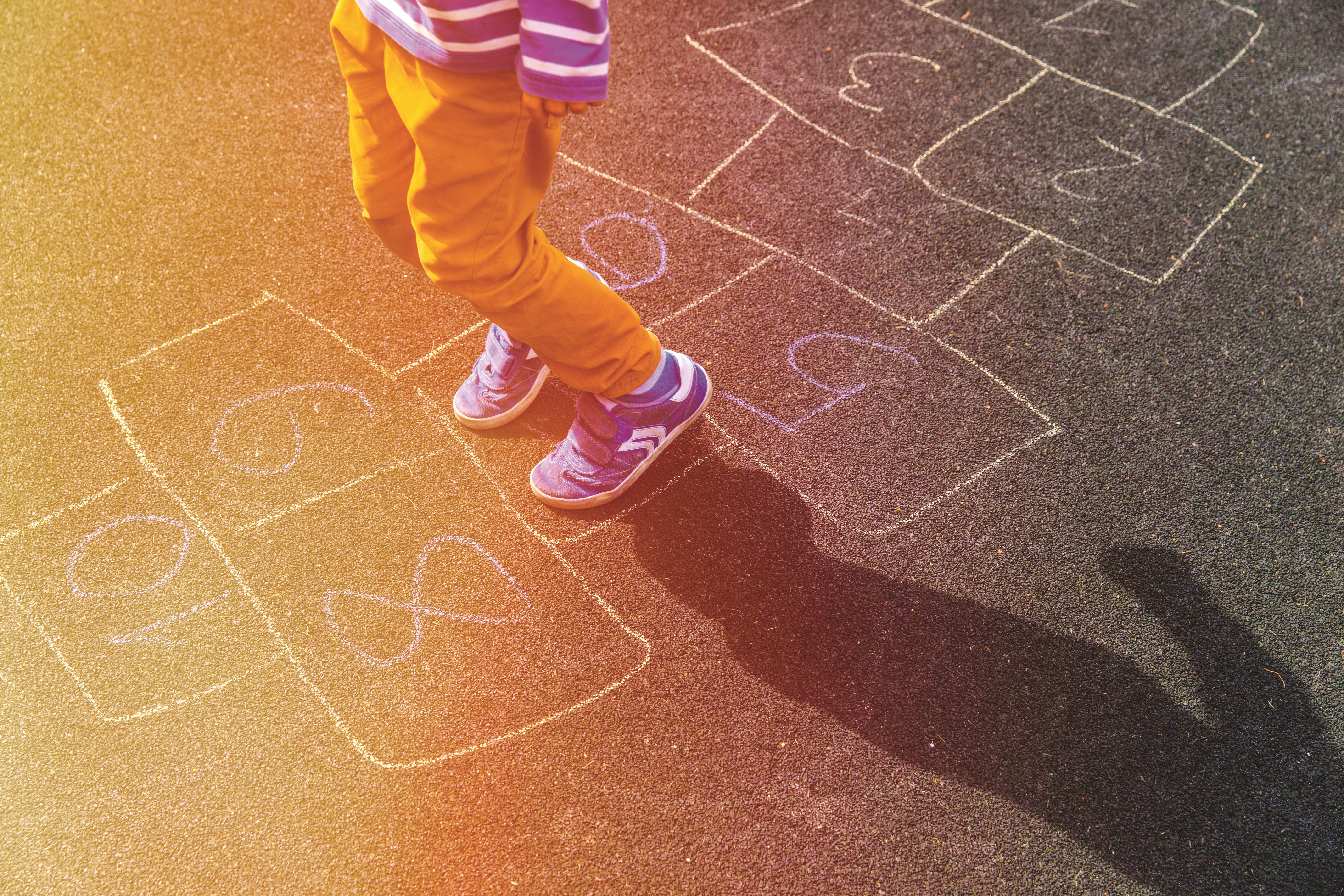
Children’s stress occurs for all young ones, and affects some some more extreme than others. For some children the first day of school can be full of wonder and excitement as they meet teachers, friends and the class pet. For others it can be an overwhelming and scary experience filled with unfamiliar people, places, and routines.
A visit to the doctor or dentist’s office can be an interactive science lesson or a place of fear and anxiety, never sure of what is happening next and afraid to ask. Helping children find a balance and a voice for their stress and their concerns is not simple or easy. However, looking to children’s most formidable skill will give you, the parent, an insight into their thoughts and feelings and a way to help children learn about and cope with stressful situations. Similar to adults, children need to work out their stress. However, kids don’t go to the gym or talk it out over coffee with friends.
Children play. Play provides children with an outlet to expel energy, overwhelming feelings, or to work through issues and emotions. Play allows children the opportunity to try out different roles or solutions to problems.
Children who are frustrated or angry can release tension by playing a drum, shooting darts at a target, or assembling building blocks. Letting go of emotions that cause stress allows children to focus, learn, and create. Play offers children the opportunity to understand some of their own behaviours by pretending to be something or someone else; a fearsome lion that’s not afraid of the dark empowers a child who experiences nightmares. Re-enacting giving a flu shot or immunisation on a doll encourages children to develop coping strategies for going to the doctor or dentist.
Providing children these types of play outlets allows them to learn how to manage and master their own childhood stress. Dramatic play offers children the opportunity to play out issues, clear up misconceptions, and develop positive coping strategies. Unstructured play is another way for children to release stress. Running, jumping, and kicking a ball are ways for children to rid themselves of their pent up energy. Sitting still for a long stretch of time or focusing on a task becomes very difficult for some children. Research has shown by taking a few moments to stretch or going for a walk, children perform better in school.
Unstructured play also allows for the opportunity to develop social skills, problem solving, and decreases bullying. Not providing regular opportunities for unstructured play in children’s lives could lead to an increase in children’s stress. As parents, professionals, and educators it is imperative that we look for ways to decrease children’s stress. By providing a variety of play opportunities children can become empowered to be learn, create, and play away their stress. It is also important that parents learn the skills to teach their children how to respond to stressful and tense situations in a more optimistic manner.
The first people that children usually turn to for support are their parents. As such, parents should always ensure that they are there to provide a listening ear to their children. They should also be prepared to share good advice when the need calls for some. It is also important to be a good role model. This is because children watch and learn from what their parents do. Knowing when your child gets stressed is another way of helping him or her cope with feelings.